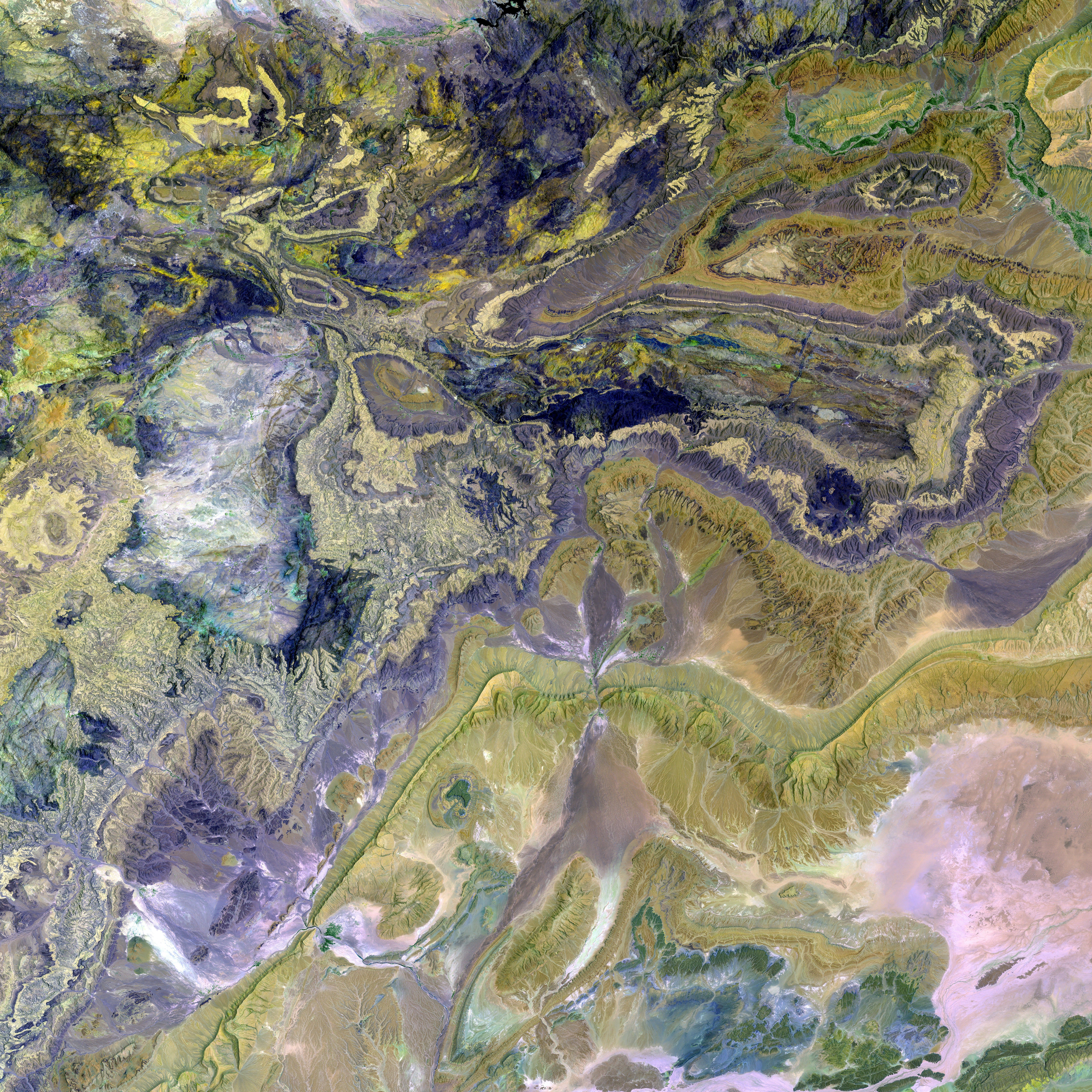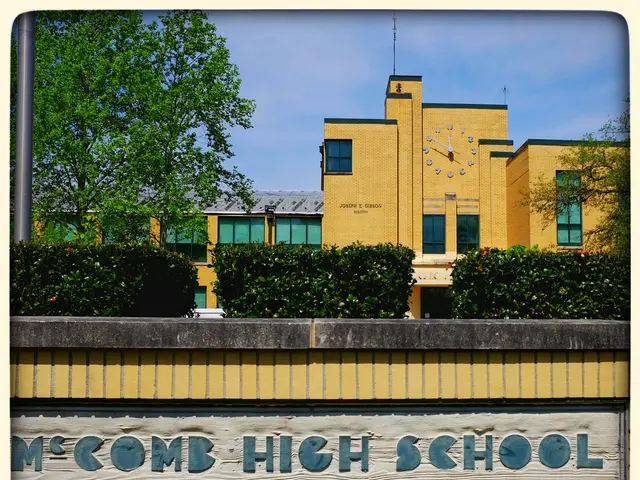Evolution of Education: Appreciating the Best from Past and Present Methods
In the city of Kolkata, the role of school teachers has undergone a transformative journey over five decades, mirroring broader changes in education and society.
When I began my teaching career in the 1960s, the faculty seemed a jovial bunch who imparted knowledge with a casual, yet confident air. The educational methods of the time encompassed storytelling, anecdotes, discussions, group activities, and practical work. Teaching aids varied from pictures, maps, and lab equipment to scales and counters. Field visits were considered essential, and every student received a grounding in subjects such as art, music, domestic science, and physical education.
The advent of the 21st century brought about a significant shift in the teaching landscape. Modern teaching methods have become more interactive and student-centered, focusing on developing critical thinking skills, technological proficiency, and encouraging active participation in the classroom.
One of the most notable changes is the integration of digital tools and online resources into the learning process, enhancing accessibility and enriching the overall educational experience.
Recruitment efforts in Kolkata's schools have intensified recently, with a goal of filling over 35,726 teacher positions. This recruitment drive comes after a Supreme Court ruling and a subsequent process that requires all candidates to take an examination. Some teachers have expressed reservations about retaking exams, but the state has remained steadfast in its efforts.
The modern teaching methods of today's educators are marked by their extensive subject knowledge, mastery of demo lessons, and showcasing familiarity with technology. They proficiently ask and elicit questions, and create a lasting first impression.
Teachers trained by international boards converse fluently in a language rich with pedagogical jargon. Even for those unfamiliar with contemporary learning strategies, listening to their conversations can be an enlightening experience.
The evaluation process in today's educational environment is clear and precise, with specific criteria for each subject, outlining expectations at various levels. The emphasis is on meeting standards, acquiring skills, and learning, as opposed to outperforming peers.
However, there is one aspect of modern teaching that can leave a bitter taste: the increasingly corporate-like attitude of some educators, who often focus on lucrative careers and may display an unbecoming disregard for professional and ethical standards.
This analysis serves to outline the differences between old and new teaching methods without favoring one approach over the other. The article aims to provide a glimpse into the evolution of teaching in Kolkata, a perspective that can facilitate a richer dialogue about the role of educators in society.
In the 21st century, modern teaching methods have evolved to include a focus on digital tools, online resources, and student-centered learning, promoting critical thinking skills, technological proficiency, and active participation (education-and-self-development, learning). In today's educational environment, teachers are expected to demonstrate extensive subject knowledge, mastery of technological resources, and adhere to clear evaluation criteria (education-and-self-development, learning).







